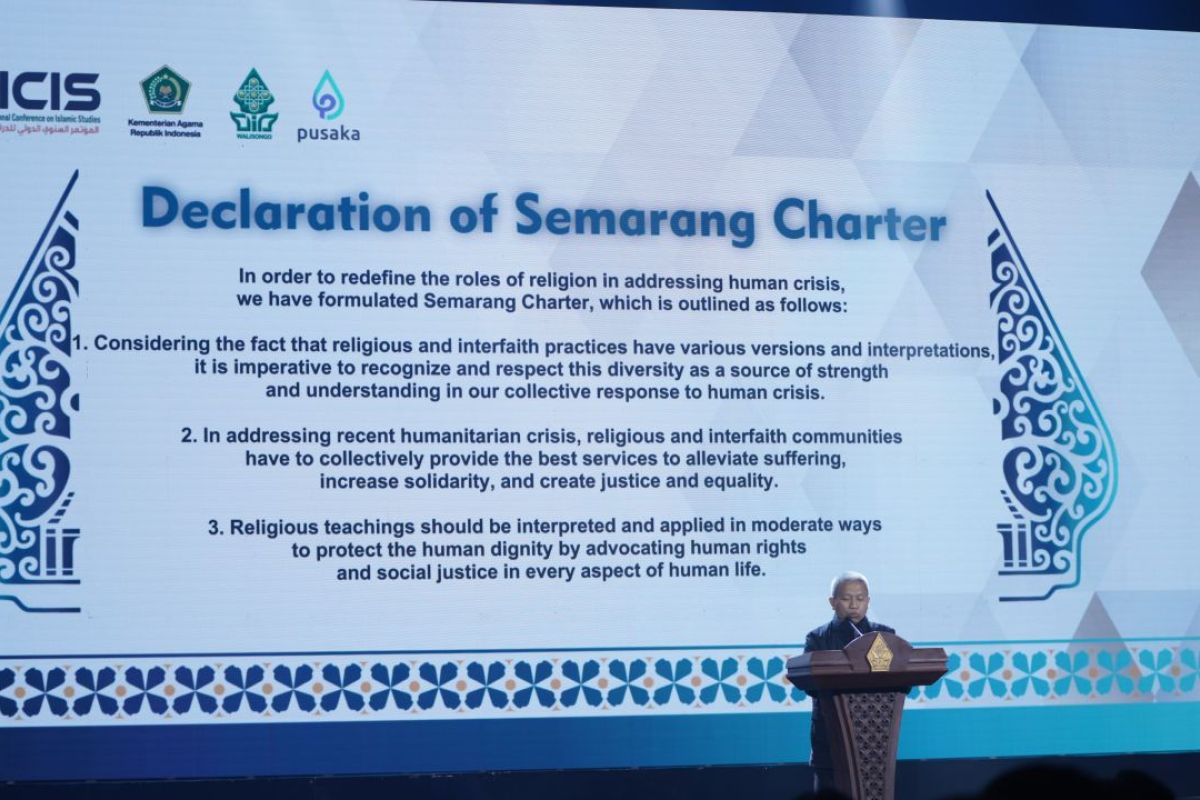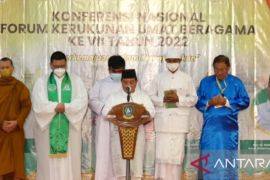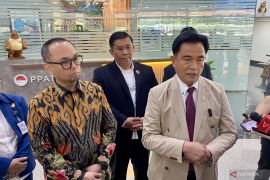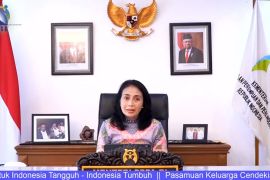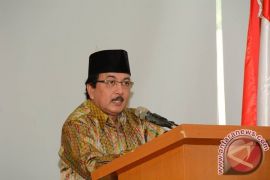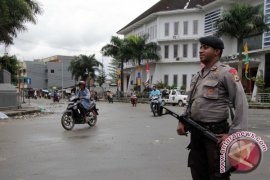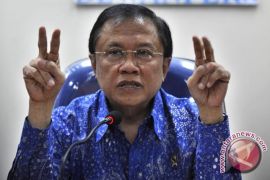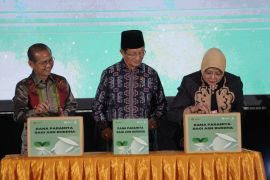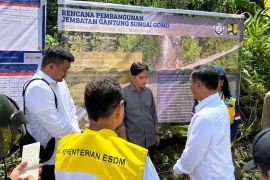Organized by the Indonesian Ministry of Religious Affairs, the conference convened from February 1 to 4, bringing together international religious leaders and scholars to discuss solutions for global humanitarian challenges.
On Saturday evening, the ministry's Secretary General, Nizar Ali, read out the nine points agreed in the Semarang Charter in Indonesian and Arabic, with the English translation displayed on screen.
The nine points of the charter are as follows:
- Considering the fact that religious and interfaith practices have various versions and interpretations, it is imperative to recognize and respect this diversity as a source of strength and understanding in our collective response to human crises.
- In addressing recent humanitarian crises, religious and interfaith communities have to collectively provide the best services to alleviate suffering, increase solidarity, and create justice and equality.
- Religious teachings should be interpreted and applied in moderate ways to protect human dignity by advocating human rights and social justice in every aspect of human life.
- In order to prevent social, economic, and political conflicts, it is necessary for religious leaders and institutions to take part in interfaith dialogues, avoid religious sentiments, foster religious understandings, and forge comprehensive cooperation to grow empathy among humans.
- Realizing that religions, humanity, and the environment are intertwined, it is critical to commit to promoting practices of sustainability for the sake of the environment and the well-being of the planet and its inhabitants.
- Noticing the increasingly massive crimes and atrocities committed against fellow humans recently, religious and interfaith communities commit to taking concrete actions to deliver humanitarian aid to those in need, regardless of their religions and beliefs.
- Religious and interfaith communities are committed to taking continued measures to empower and strengthen people regardless of their religions and beliefs to avoid the recurrence of conflicts.
- To distance themselves from sentiments and provocations that can disrupt social relations among humans, religious and interfaith communities need to promote prudent ways of using technology in an effort to prevent conflicts from escalating.
- Religious and interfaith leaders are committed to pushing for the creation of moral leadership that is expected to grow trust in their respective communities and a broader population.
Related news: Aiming to draw more religious leaders to AICIS 2025: ministry
Related news: Indonesia to host AICIS, religions address global challenges: Official
Translator: Zuhdar Laeis, Tegar Nurfitra
Editor: Anton Santoso
Copyright © ANTARA 2024
